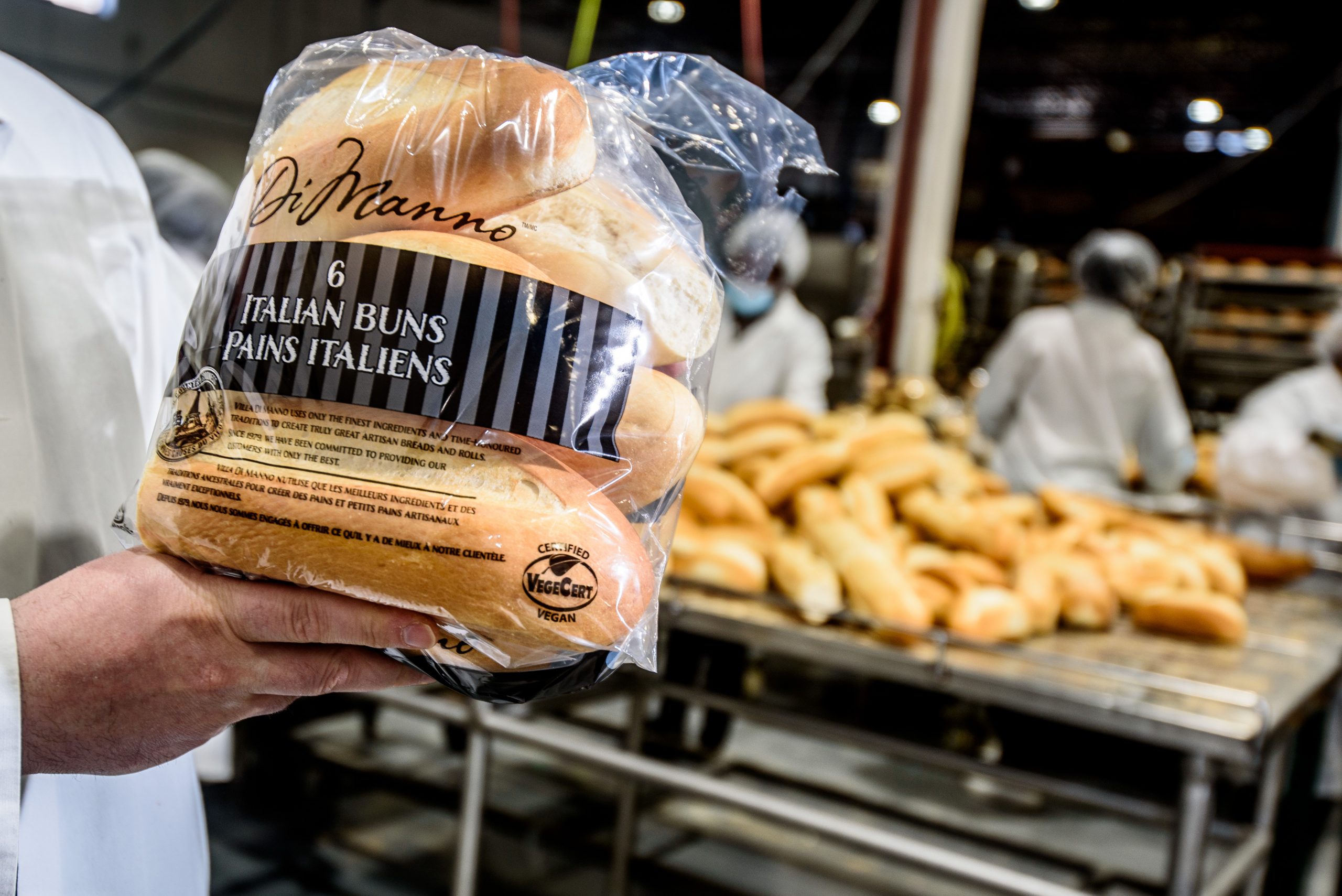While the rules sound simple, practical application can be more complex.
VegeCert vegan products contain no animal or animal by-products including dairy or eggs. While not comprehensive, below is a list of common ingredients that cannot be used:
Amniotic fluids, animal and fish glues, carmine/carminic acid, catgut, chamois, cochineal, crushed snails or insects, fixatives (e.g. musk, civet, castoreum) hormones (e.g. oestrogen, progesterone, testosterone) ivory, lanolin(e), oil of mink, parchment, placenta, silk, shellac, snake venom, some vitamins (e.g. D3), urea, vellum, and any carriers (gelatin(e) is sometimes used to carry beta-carotene and D2), processing aids (lactose is often used to fix flavour in crisps), or release agents (sometimes used to prevent confectionery and baked goods adhering to manufacturing equipment) containing/comprising substances of animal origin
Animal fats (e.g. dripping, lard, suet, tallow), amino acids, aspic, bone, bone charcoal, bone-meal, bristles, collagen, down, dried blood, fatty acid derivatives, feathers, fur, gelatin(e), glycerin(e)/glycerol, hair, hides (leather, suede, etc.), hoof and horn meal, oleic acid, oleoic oil, oleostearin, pepsin, proteins (e.g. elastin, keratin, reticulin), rennet, skins, stearates, stearic acid, stearin(e)
VegeCert vegetarian certified products accord with the above classifications, except may contain the following:
If VegeCert products are manufactured in facilities that contain animal based ingredients, VegeCert requires that the machinery be cleansed thoroughly between runs. Allergen testing must then be performed indicating 5 parts per million or fewer of any non-vegan residue in order to be deemed suitable for a VegeCert vegan production. VegeCert works with companies to put systems in place to ensure that there is no cross contamination between VegeCert and non-VegeCert products and ingredients.

VegeCert certification assures consumers they are buying the highest quality vegan products.